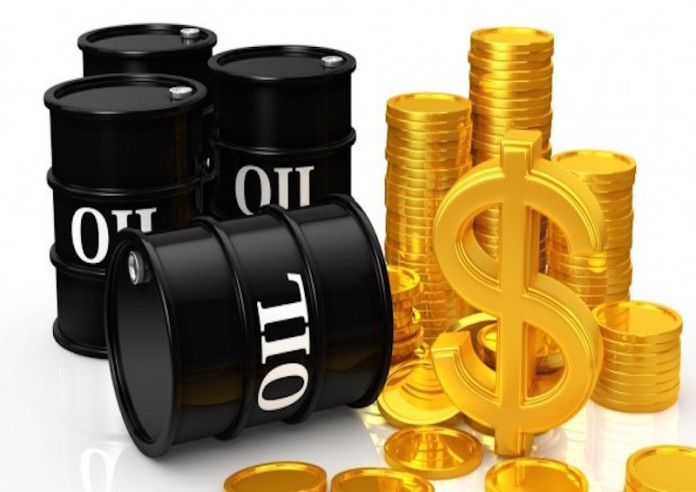THE price of Nigeria’s Bonny Light, weekend, rose to $92.79 per barrel, from $90.88 per barrel, recorded last Tuesday as the impact of extended output cuts hit the market.
Russia extended its voluntary crude oil export cut by 300,000 barrels daily until December 2023, while Saudi Arabia extended its 1 million daily supply cut into October 2023 to boost price stability.
The price, which is the highest in 2023, showed an excess of $17.79 per barrel against the 2023 budget benchmark price of $75.
Meanwhile, Goldman Sachs Commodities Research, Saturday, predicted that oil supply cuts could lead to oil prices hitting $107 a barrel in 2024.
In an interview with Financial Vanguard, an sector analyst, Prof. Omowumi Iledare, said Nigerians and others should expect prices to rise further, especially as oil inventories have reduced drastically in the United States.
Iledare who is the Executive Director of Emmanuel Egbogah Foundation, stated: “Certainly, rising crude price is expected even though it may not be exactly $100 per barrel in the short run for some reasons. First, it will continue to rise because demand is growing.
“Second, supply is declining because of geopolitics and inventory becoming low in the US. Interestingly too, reserves replacement is low, thus placing future supply at risk. Price, therefore will continue to inch up.”
Similarly, in another interview with Fanancial Vanguard, the lead promoter, EnergyHub Nigeria, Prof. Felix Amieyeofori, said: “It is very possible that oil prices will cross the $100 per barrel level. First, the renewable sector is attracting more investment than oil globally. Some economies, including Saudi Arabia, have keyed into the global quest for a cleaner environment. Second, low investment, low production and export would continue to impact on the market in terms of price. Except, if something happens, we will likely witness a significant increase in price.”
He also pointed out that consumers would have to pay more for petrol as refiners; currently paying more for crude oil stands to transfer the cost in the form of high fuel prices.
Already, OPEC has identified Nigeria, as the least refining member with an average equivalent of 10,600 barrels per day, bpd in five years.
In its Annual Statistical Bulletin 2023, obtained by Financial Vanguard, OPEC disclosed that the nation refined an equivalent of 33,000 bpd, 8,000 bpd, 1,000 bpd, 5,000 bpd and 6,000 bpd in 2018, 2019, 2020, 2021 and 2022, respectively.
On the other hand, Saudi Arabia emerged as the highest refining OPEC member with an average equivalent of 2.6 million barrels per day, mb/d, during the period.
Specifically, Saudi Arabia refined 2.8 mb/d, 2.6 mb/d, 2.3 mb/d, 2.5 mb/d and 2.9 mb/d in 2018, 2019, 2020, 2021 and 2022, respectively.
Checks by Financial Vanguard indicated that major and independent marketers have abandoned fuel importation, due mainly to market uncertainties.
But the lifting of fuel was ongoing at both Ijegun and Satellite Town depots in Lagos, even though many filling stations remained shut against motorists and other users of the product.

